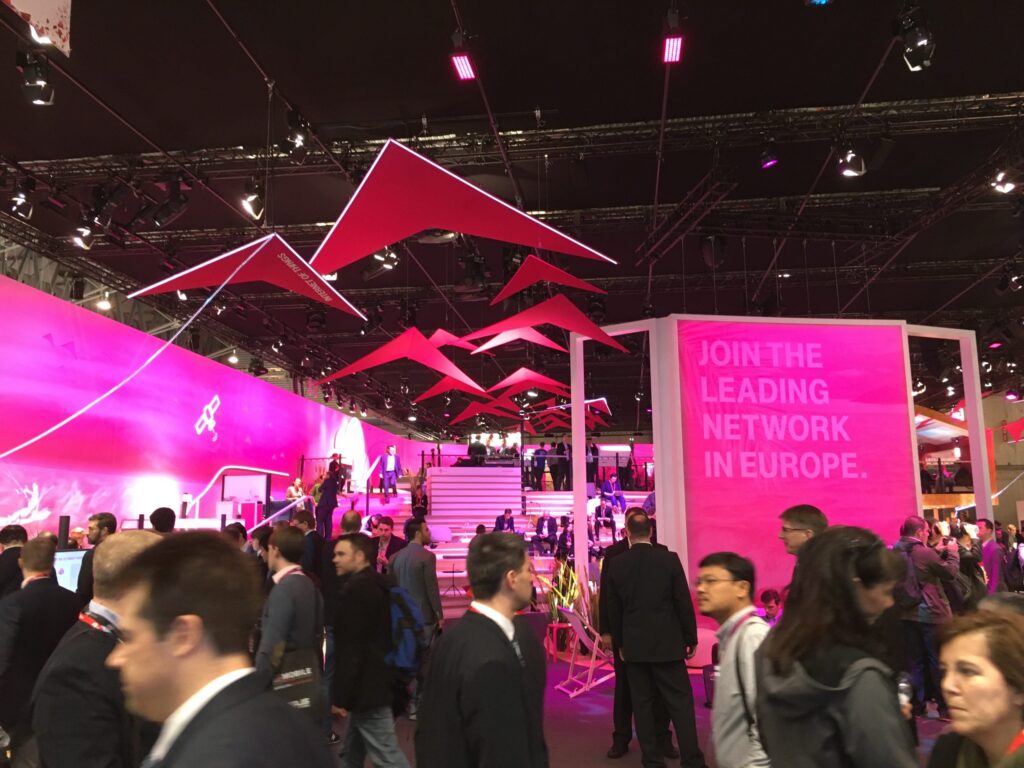Barcelona and its technology


Sebastian Mader
Senior Customer Insight Analyst at Nethodology

Angelique Godet
Customer Success Partner at SAP
Barcelona is appreciated all over the world for its architecture, gastronomy and cultural richness, but, beyond its attractive lifestyle, it’s also a world-class technological capital
Considered the 5G hub of southern Europe, Barcelona has an innovation district, the 22@, which has become an international benchmark for its transformative capacity, while also housing several technology parks and important cutting-edge infrastructures linked to disciplines such as artificial intelligence.
The Catalan capital is also the headquarters of numerous start-ups and international companies dedicated to new technologies, which contribute to propping up the digital capital of a city that until 2030 will host the Mobile World Congress, the world's largest mobile communication fair.
At first glance, it may seem that Barcelona has all the necessary ingredients to become the next Silicon Valley, with a strong presence of IT fairs and companies. However, this is not enough, and the city cannot rest on its laurels. To truly succeed in the tech industry, Barcelona must use technology to achieve the city's goals and serve its people, rather than just focusing on the tech itself.
Barcelona becomes smart
One way to do it is to use AI to deliver better public services and use data to keep up with the digital age. However, it is important to set limits on privacy and avoid becoming a "big brother" state. The "Intelligent Citizen" project is an example of how Barcelona works in this regard.
While a city can become smarter by installing sensors or cameras, it is the city’s population itself that can offer valuable data on how to improve the way we are living together. Harvesting this data is complicated due to ethical and privacy concerns, however Barcelona has taken on the challenge to developing a system which can benefit from this data in the future. Creating spaces for communication and feedback will be key in the project’s success.
Another important aspect where the Barcelona City Hall must keep working on, is reducing the digital gap within the population, ensuring that everyone has access to the benefits of technology, regardless of their socioeconomic status.The access to laptops is critical given more and more aspects of everyday life such as job search, governance and other areas of societal participation have moved into the digital space. Internet is not a commodity anymore but a necessity.
Barcelonian tech talent
When asking tech firms such as SAP as to why they have chosen Barcelona to install their hubs, their answers fall into two categories:
On one hand, “Barcelona is full of talented people and offers a great diversity” according to Esperanza Valbuena, VP Mid-Market Digital Sales EMEA South at SAP. However, to maintain a competitive edge in the international market, Barcelona “urgently needs to invest in education”. Teaching technological courses at early stages in public schools is crucial to prepare local talent against the raising competition coming from Asia. “The best foreign language to learn is coding.” according to Svetlana Velikanova, Founder and CEO of Harbour Space University, who also deplore the low mathematics level in Spanish schools in general.

On the other hand, it is the city itself that offers a very attractive lifestyle which their employees value highly. Employees will judge its city and living conditions critically in today’s mobile working possibilities. To remain competitive with geographically and culturally closely related cities such as Malaga or Lisbon, Barcelona must work hard to maintain its image as an open and welcoming city. There are potential challenges to consider such as the perception of security in the city and the lack of clarity in the complex migration policies that are blocking the tech companies to grow faster and therefore lead to talent loss.
Besides, mobility and the return to on-site work at the office are areas where technology and sustainability will play a significant role in shaping the future of the city. Nowadays, most IT firms offer “Flex Working Conditions”. Companies like SAP that has built its hub in Barcelona to get multi-disciplinary international people working together, are now struggling to get their people back in the office where “all great ideas are created” according to Esperanza Valbuena. Tech companies are counting on the city of Barcelona to improve the mobility infrastructure and housing conditions to help them retain their employees in Barcelona.
From here onwards
“Our society has witnessed as many disruptive new technologies during the last 20 years as in all of history combined”, says Michael Donaldson, Chief Technology Officer, and CIO at Barcelona City Council. This exponential growth of not only opportunities but also challenges makes technology a key sector for cities to invest in and compete against each other. The Mobile World Congress hosted in Barcelona already signals the city’s commitment in this area to the rest of the world.
But this won’t be enough to thrive in in the ever-evolving tech industry. Using technology to serve better its citizens, investing in tech education to develop local talent, and improving migration policies will be key in the success of Barcelona in the technology sector.
If you want to know the latest English news about Barcelona and the people who bring it to life, sign up to our Blog.







